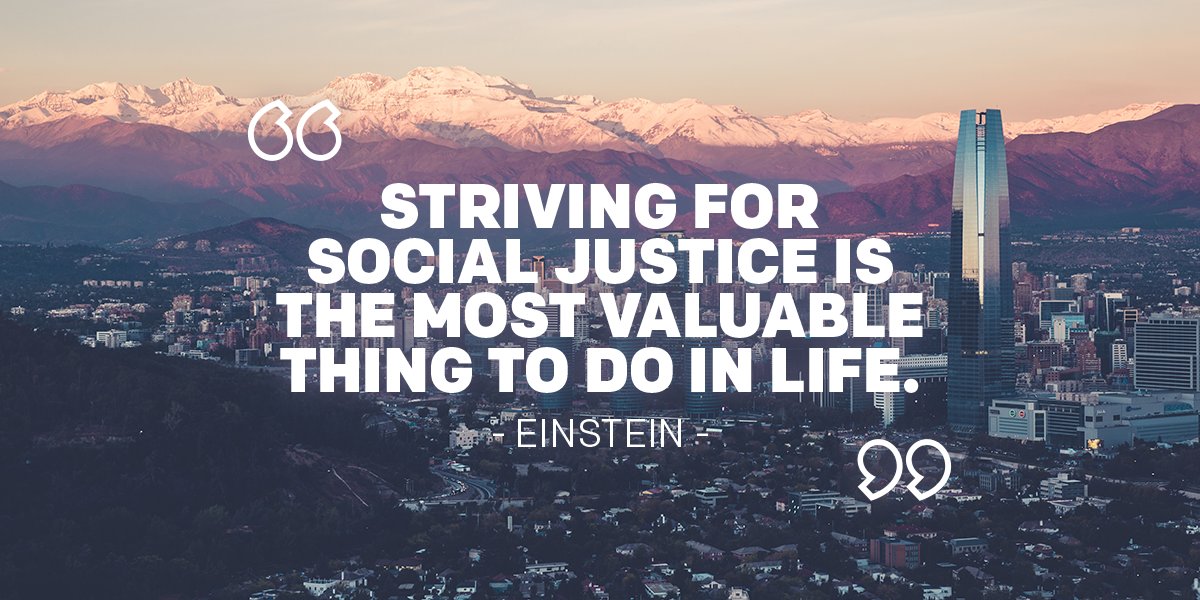My name is John P. Daly; John Anthony Daly, the author of this blog, was my father. He passed away in the small hours of the morning on Monday, November 21.
He suffered from a neurological condition described as Multiple System Atrophy - and you can probably trace the course of the illness by the volume of posts on the blog over the last year or so. Neither he nor his family really understood the extent of the problem until springtime; we knew he was having trouble walking, and he found his thinking to be less clear than he usually required it to be, but none of it seemed calamitous until around March.
By April, though, he was suffering from dementia; by the time the disease was successfully diagnosed, he was too far gone to say his goodbyes here - or even to remember that he would have wanted to. I should have stepped in sooner, just to explain the silence, and I'm sorry I didn't.
This blog was one of the great passions of Dad's life, post-retirement. I don't think I can really express how honored he was to be read as widely as he was, nor how much he enjoyed interacting with his readers. You brought out some of the best in him, and my mother and I will always be grateful.
I'm sorry we're all going to be denied his insights from here on in. I'm sorry we're missing out on his passions, and his belief in rationality and principle and unapologetic international fellowship; it seems like we as a world are in more need of all that, in general, than we have been for quite some time.
He would want us to carry on, though, so we should probably try.
He suffered from a neurological condition described as Multiple System Atrophy - and you can probably trace the course of the illness by the volume of posts on the blog over the last year or so. Neither he nor his family really understood the extent of the problem until springtime; we knew he was having trouble walking, and he found his thinking to be less clear than he usually required it to be, but none of it seemed calamitous until around March.
By April, though, he was suffering from dementia; by the time the disease was successfully diagnosed, he was too far gone to say his goodbyes here - or even to remember that he would have wanted to. I should have stepped in sooner, just to explain the silence, and I'm sorry I didn't.
This blog was one of the great passions of Dad's life, post-retirement. I don't think I can really express how honored he was to be read as widely as he was, nor how much he enjoyed interacting with his readers. You brought out some of the best in him, and my mother and I will always be grateful.
I'm sorry we're all going to be denied his insights from here on in. I'm sorry we're missing out on his passions, and his belief in rationality and principle and unapologetic international fellowship; it seems like we as a world are in more need of all that, in general, than we have been for quite some time.
He would want us to carry on, though, so we should probably try.












